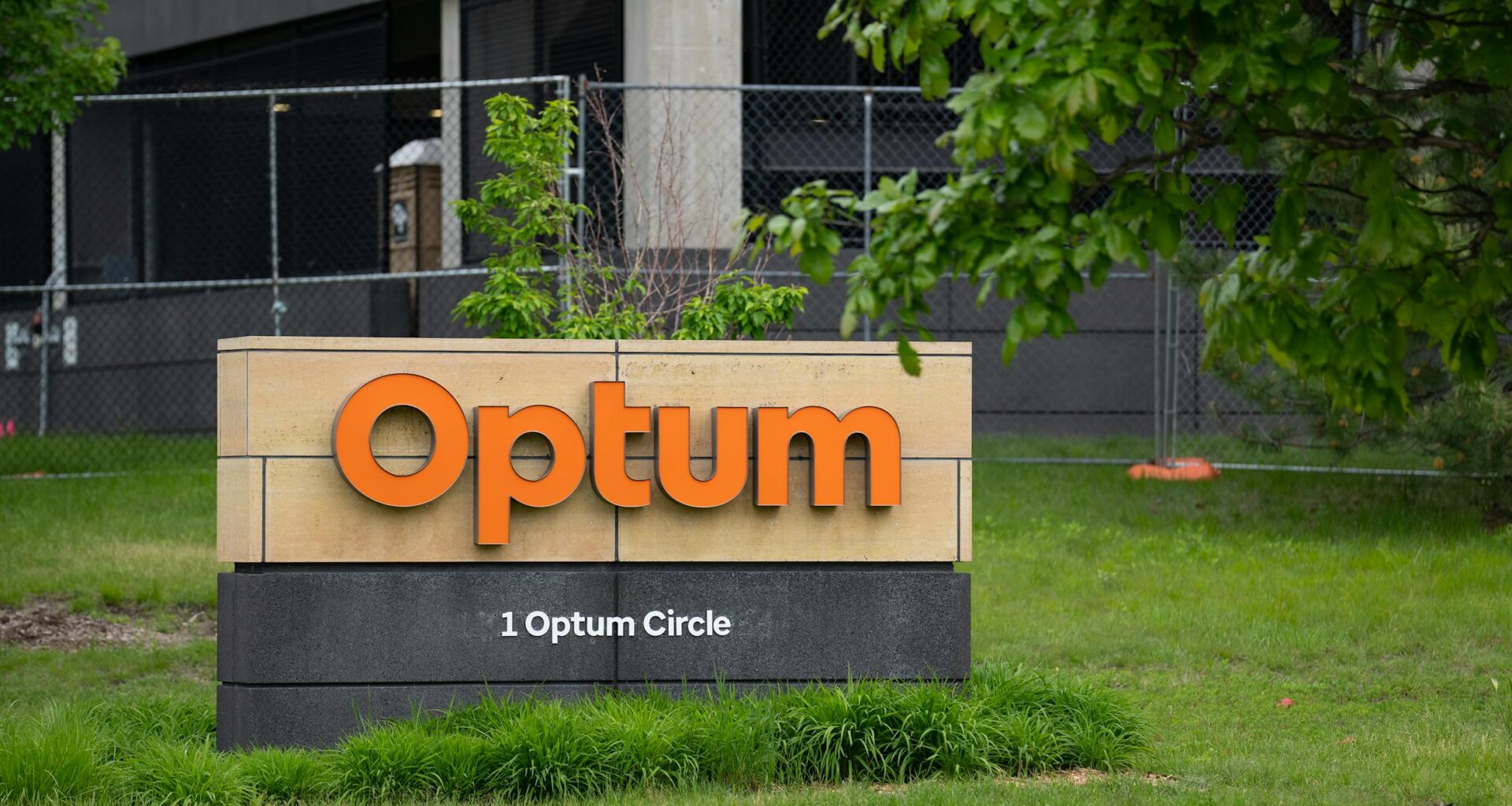Beyond a financial reset, Hemsley also sought to change the tone at UnitedHealth Group, which is known not only for selling health insurance but also operating a health services division called Optum that has led some critics to question whether the company has gotten too big including clinics, a big pharmacy benefit division and IT consulting.
“I believe it is also important to convey the tone we are setting at this enterprise,” the CEO said. “More than anything, it is a tone of change and reform born out of a recommitment to our mission to help people live healthier lives … That requires a commitment to a culture of values, of service, responsibility, integrity and humility.”
The company and the health insurance industry have faced public outrage over insurance claims denials and payment delays following the December killing of UnitedHealthcare CEO Brian Thompson, who was fatally ambushed on a public sidewalk while walking to an investor conference in New York City.
Hemsley did not directly address denials or the public rancor, but described a challenging environment that includes “continuing public controversy over long-standing practices across the entire health care sector, particularly managed care” — a term referring to health insurers that use administrative measures like prior authorization and utilization management to control costs.
The financial forecast issued Tuesday amounts to a diagnosis from Hemsley of what’s troubling a company that for many years had been a reliable source of profits for investors. It put the spotlight on medical cost trends, saying they’re driven both by an increase in the amount of care patients are using and the price of many services.
In Medicare Advantage, for example, the company had set prices for its health plans in 2025 based on projections of a 5% increase in medical cost trends. But those trends are running higher, at about 7.5%.
